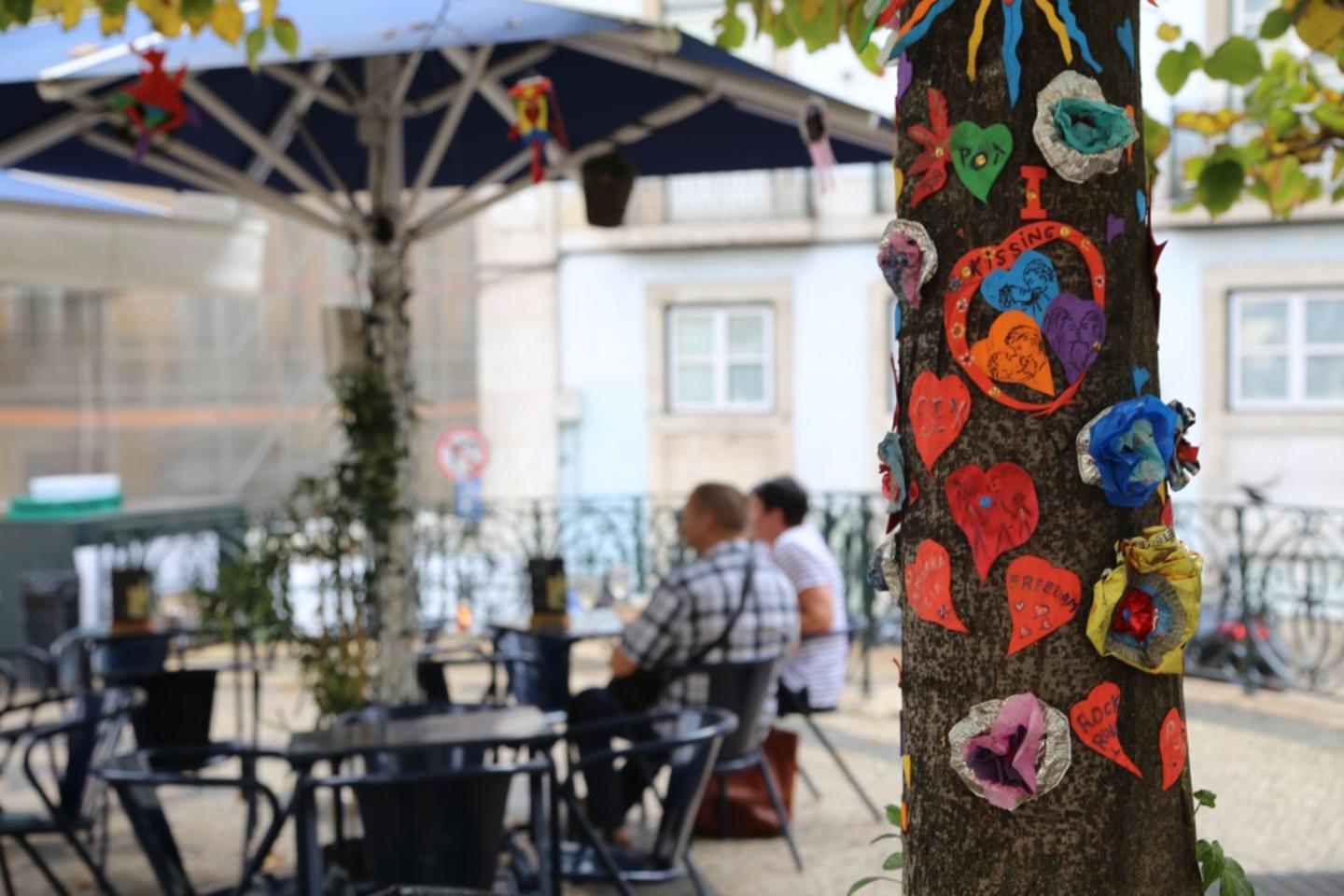Key information about the programme
- The programme is operated by: Calouste Gulbenkian Foundation (lead) in consortium with Bissaya Barreto Foundation
- The programme's objective is: Civil society and active citizenship strengthened and vulnerable groups empowered
- The programme funding amounts to €11 million and is entirely funded through the EEA Grants.
Why is the programme needed?
The Active Citizens Fund in Portugal reflects a firm recognition of the civil society sector’s role as a fundamental building block of democratic governance, human rights and social cohesion. Civil society organisations (CSOs) mobilise participation in civic life and play a key role in promoting active citizen engagement in decision-making at local, national and European levels. CSOs tackle social problems arising from inequality and discrimination. They contribute to the activation and empowerment of disadvantaged people and minority groups, by helping them overcome barriers to participation and ensure that their voices are heard.
Portuguese civil society organisations play a significant role in promoting active and engaged participation in public life, providing new insights and methodologies to foster civic education, and promoting tolerance and understanding between communities. However, the Portuguese civil society sector is fragmented and lacks strong and representative umbrella organisations to make its voice heard. Technical, financial and organizational obstacles hamper the ability of CSOs to mobilise citizens and represent and defend vulnerable and socially excluded groups. These include difficulties in obtaining funding and allocating resources, insufficient governance and management practices and lacking advocacy skills.
What will the programme achieve and who are the beneficiaries?
Actors of civil society, including non-governmental organisations (NGOs), are the main target group of the programme. Foreseen achievements of the Active Citizens Fund in Portugal include a civil society sector with an improved structure and a stronger voice, that is less dependent on state resources, more effective and transparent vis-à-vis its constituents, and in a stronger position to bring about and advocate for social change. Supported NGOs will become more aware and active in areas such as citizenship, democracy and human rights, complementary to their traditional role of social service providers. Priority is given to civic education in relation to citizenship, democracy and human rights, implemented in cooperation with schools in urban and in rural areas and contributing to a strengthened democratic culture and civic awareness. Outreach to underserved geographical areas and target groups is an important component of the programme. In terms of end beneficiaries, particular emphasis is put on the empowerment and inclusion of vulnerable groups, including Roma, migrants, and victims of domestic violence. Youth inclusion is a key priority and is mainstreamed across the programme.
The Active Citizens Fund in Portugal covers the following three areas of support:
- Democracy, active citizenship, good governance and transparency
- Human rights and equal treatment through combating any discrimination on the grounds of racial or ethnic origin, religion or belief, gender, disability, age, sexual orientation or gender identity
- Social justice and inclusion of vulnerable groups
How will the programme strengthen bilateral relations?
The programme will contribute to strengthening bilateral relations between CSOs and other entities in Portugal and in the Donor States, in line with the overall objectives of the Grants. Bilateral cooperation shall be mutually beneficial, based on a strategic and long-term perspective, and leveraging the respective strengths of entities in the Donor States and in Portugal. Donor partnership projects will be facilitated through matchmaking events and activities in conjunction with the launch of calls for proposals and encouraged in call texts. Cooperation with The European Wergeland Centre is foreseen as part of the pre-defied project “Education for Citizenship”.
Availability of funding through open calls
In addition to one pre-defined project, the funding in this programme will be made available through the following open calls:
- Call 1: Call for small and large projects – Q3 2018 (closed)
- Call 2: Call for developing a human rights platform – Q2 2019 (closed)
- Call 3: Call for small and large projects – Q2 2019 (open)
- Call 4: Call for large and institutional projects – Q4 2020
- Call 5: Call for small projects – Q2 2021
- Call 6: Call for small projects – Q2 2022
- A separate call for Bilateral Cooperation Initiatives is open from July 2018 to June 2023
Precise timing of calls may be subject to change. More information can also be found on the Fund Operator’s website.
Download the full programme implementation agreement for more detailed information about the programme.
